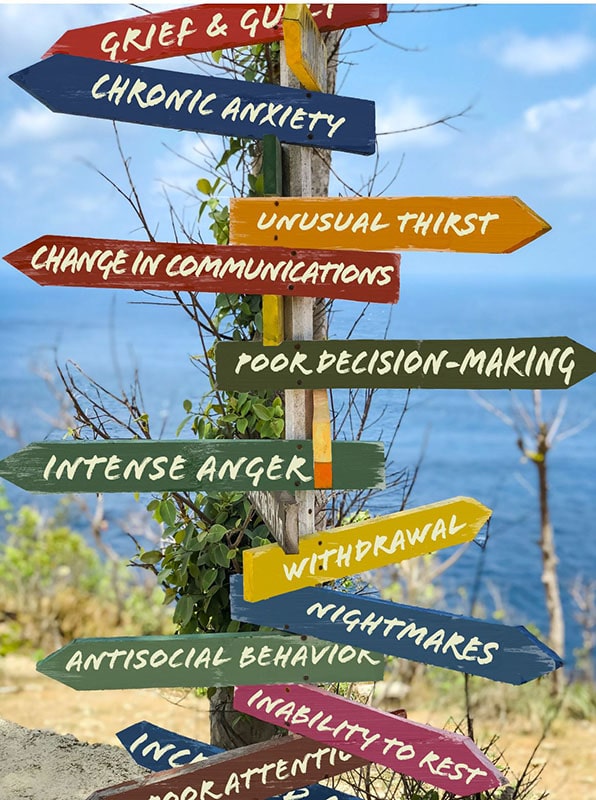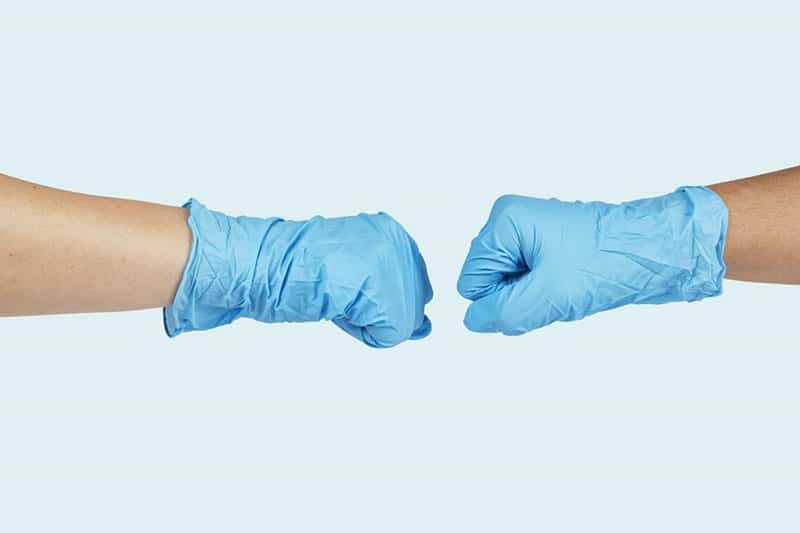Hand Hygiene: Shocking Statistics & How To Take Care of Your Hands
We’ve done the math on how many times nurses perform hand hygiene, plus some shocking facts and a few tips on how to take care of your hands as a nurse.
Our relentless research goes beyond shoes. Capsol allows us to talk all things nursing, from career advice and current news to self-care and mental health. These conversations with you, the community, and the world at large help us put our best foot forward when creating the best nursing shoes on the planet.
The National Institute of Mental Health (NIMH) describes traumatic events as “a shocking, scary, or dangerous experience that can affect someone emotionally and physically.” Critical Incident Stress (CIS) is essentially the label given to trauma experienced by secondary victims, usually first responders, and emergency personnel. The Occupational Safety and Health Administration (OSHA) explains CIS in the following way:
“Workers responding to emergency events and or disasters will see and experience events that will strain their ability to function. These events, which include having to witness or experience tragedy, death, serious injuries and threatening situations are called “Critical Incidents.” The physical and psychological well-being of those experiencing this stress, as well as their future ability to function through a prolonged response, will depend upon how they manage this stress. Post Traumatic Stress Disorder differs from critical incident stress by lasting longer than four weeks after the event triggering the emotional, mental or physical response. Most instances of critical incident stress last between two days and four weeks”

The American Association of Nurse Anaesthetists (AANA) details a little further the effects felt by healthcare providers, saying, “When a critical incident occurs, a cascade of emotions may overwhelm an otherwise healthy individual’s coping skills. For this reason, healthcare providers involved in critical incidents are often termed “second victims.”Second victims are affected by the impact of the incident on the first victims and may suffer from feelings of guilt, shame, distress, anger, and isolation in the workplace. They may also suffer adverse health effects. These symptoms can result in reduction in work performance, burnout, poor sleeping habits, inability to concentrate, excessive alcohol consumption, and contemplation of a career change.”
The reason we’re bringing this up? What the medical and emergency responder community is going through right now is absolutely unprecedented; Hospitals are overwhelmed, nurses and healthcare workers are working extended back-to-back shifts and distancing from their families, patients are often lost too quickly, and a lack of PPE has everyone nervous. To say the healthcare community is stressed is an extreme understatement; To think what they are going through isn’t traumatic would be incorrect.
The mental health and support of our healthcare workers is vital; So, what can be done to help?
This is where Critical Incident Stress Management (CISM) practices come in. Because while our nurses and healthcare workers work to help those in need during the COVID-19 crisis, they should be looked out for as well. CISM is a practice that has the intention of helping those secondary victims of trauma with coping and working through each incident as it occurs. Through CISM, the hope is that victims can return to normal, feel better, and prevent other effects resulting from trauma. CISM is often peer-led but also can be conducted by supervisors and managers.
Managers, supervisors, and coworkers of healthcare staff need to know what to watch for and how to manage CIS when it’s experienced; They should watch out for cognitive, emotional, physical, or behavioral symptoms displayed by their healthcare staff. Below are some common reactions to extreme stress, as listed by OSHA, that can help identify CIS. Most of these can be identified through simple monitoring and everyday conversation.
● Grief
● Guilt
● Fear
● Chronic Anxiety
● Intense Anger
● Irritability
● Apprehension and Depression
● Fatigue
● Unusual Thirst
● Chills
● Chest Pain
● Dizziness
● Headaches
● Nightmares
● Uncertainty
● Poor Attention
● Confusion
● Poor Decision-Making Ability
● Poor Problem Solving Ability
● Poor Concentration, Memory
● Withdrawal
● Inability to Rest
● Antisocial Behavior
● Loss/Increase in Appetite
● Change in Communications
● Increased Alcohol Consumption

When signs of stress are indicated, action should be taken quickly to help mitigate effects. As directed by OSHA, the following simple steps can be followed to help:
● The victim should not be rushed back into work
● Engage in conversation about how the person is feeling
● Noise and odor exposure should be limited
● Low sugar, low-fat food should be provided
● Non-caffeinated fluids should be provided
● An immediate 15-minute rest should be allowed for the person affected

If you’re looking for more ways to support your staff or coworkers, the International Critical Incident Stress Foundation, Inc. has some great resources specifically for those dealing with COVID-19. You can take a look here.
As we all lean into dealing with the COVID-19 crisis, let’s not forget to lean on each other.
Resources
● ICISF, COVID-19 Resources
,https://icisf.org/covid19-resources/
● NIMH, Coping with Traumatic Events
,https://www.nimh.nih.gov/health/topics/coping-with-traumatic-events/index.shtml
● AANA, Guidelines for Critical Incident Stress Management
● OSHA, Critical Incident Stress Guide
,https://www.osha.gov/SLTC/emergencypreparedness/guides/critical.html
Author
most recent
We’ve done the math on how many times nurses perform hand hygiene, plus some shocking facts and a few tips on how to take care of your hands as a nurse.
Celebrate Pediatric Nurses Week as we talk about what pediatric nurses do, ideas for showing appreciation, and a breakdown of how to become one. Don’t miss this!
Ever wonder, what is with nurses and coffee? I mean, why do nurses love coffee? So many of us depend on that rich, hot java to jumpstart a shift.
0 Comments